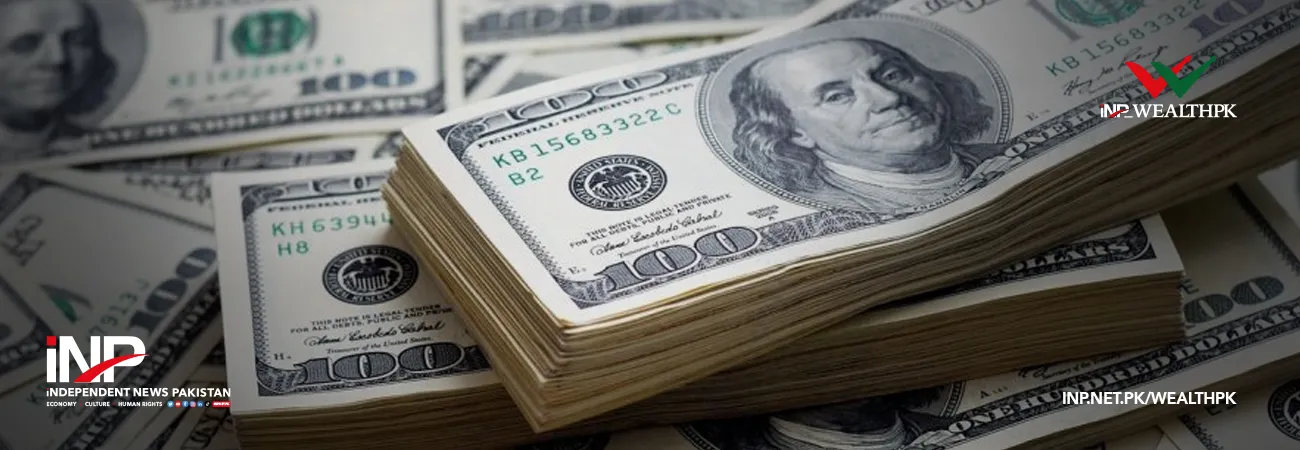INP-WealthPk
Muneeb ur Rehman
The recent moves by BRICS member states, to start de-dollarising their economies will help improve their trade position and capital mobility. It can be hoped that the move will also help change the dynamics of Pakistan-China trade, and give stability to the Pakistani rupee in future. Speaking to WealthPK, Muheed Ahsan, a global economy expert at the Institute of Development and Economic Alternatives (IDEAS), said the hegemony of the dollar around the world was giving an unnecessary edge to the United States in the global markets. “The US-led financial system has negative outcomes for developing countries.”
He said Pakistan’s economy also faced exogenous uncertainties due to complete dependence on US dollars for international transactions. “The US monetary policy fluctuations directly impact the country’s external sector. It retards the county’s position to take monetary action with sheer autonomy.” Ahsan maintained that Pakistan-China bilateral trade was yet another area getting negative externalities due to a lack of diversified risk.
“The overreliance on the US dollar as a reserve currency has added to the misery of capital mobility of both countries. Exchange rate volatility in the global market creates a situation where traders from both countries find it difficult to transact payments at previous rates,” he asserted. He said access to capital often became a challenge for Pakistan due to the precarious condition of foreign exchange reserves. “Moving away from the US dollar will improve capital mobility between China and Pakistan,” he mentioned.
While highlighting the other potential benefits of de-dollarisation, he said: “Reliance on a single reserve currency exposes the countries to the risks of low investments, fewer opportunities for businesses, and low machinery imports.” The IDEAS expert said direct exchange of local currencies was likely to reduce the risks associated with the US dollar’s dominancy.
However, he cautioned that ceasing to use the US dollar for cross-border transactions also had a cost in the short run. “It includes transition challenges, adjustment to local currency dynamics, and promotion of vibrant domestic financial markets.” He pointed out that the unchecked privilege given to the US currency has allowed its government to run huge fiscal deficits and debts regardless of the ripple effects on the global economy.
Credit: Independent News Pakistan-INP













